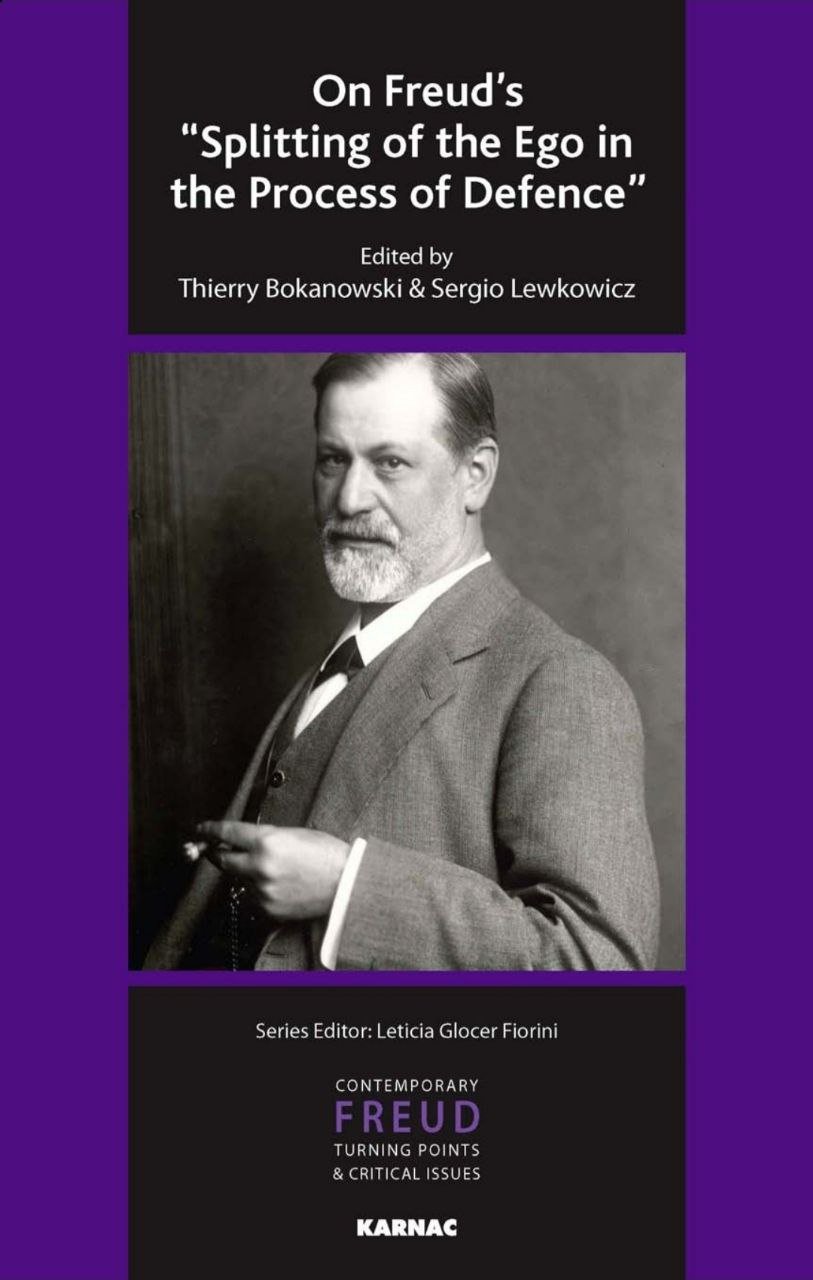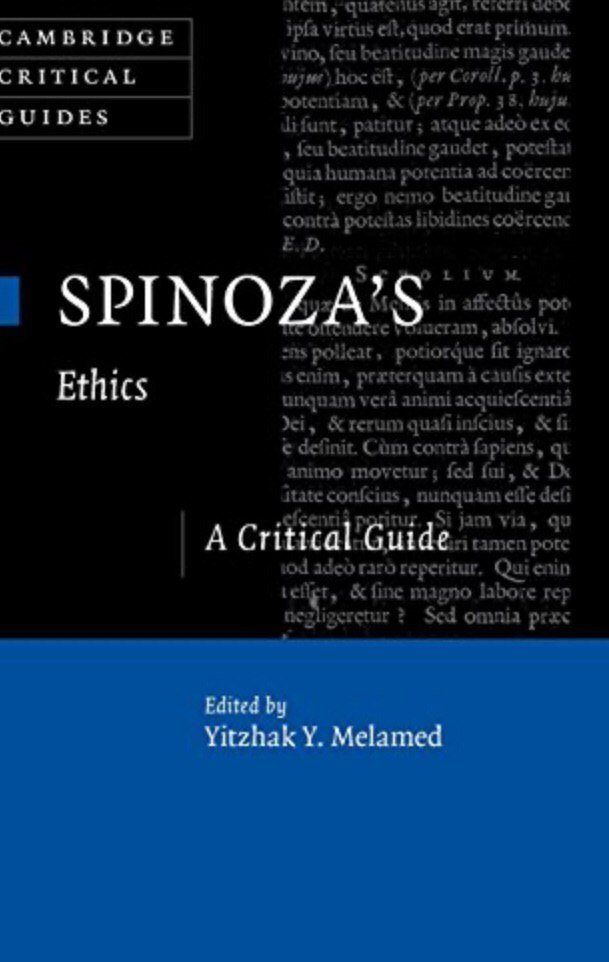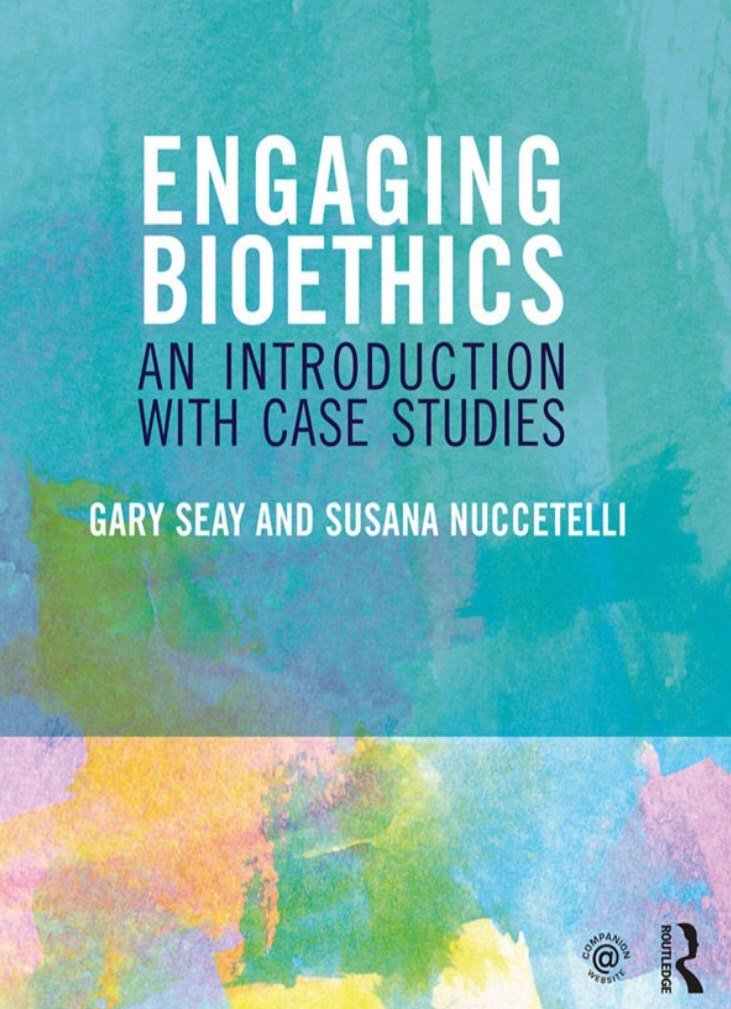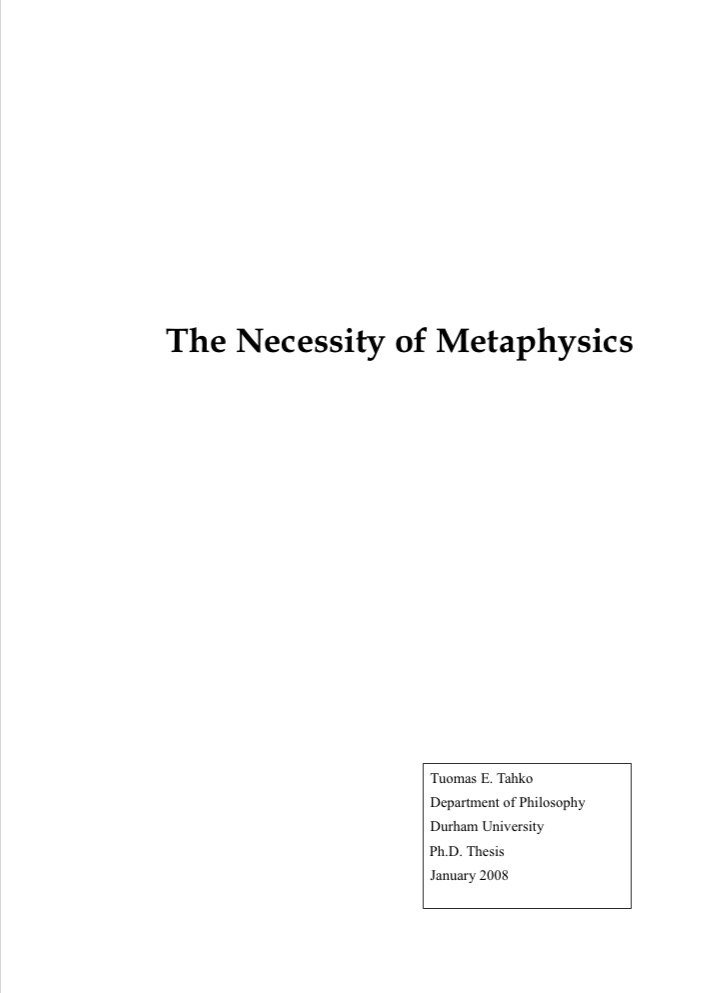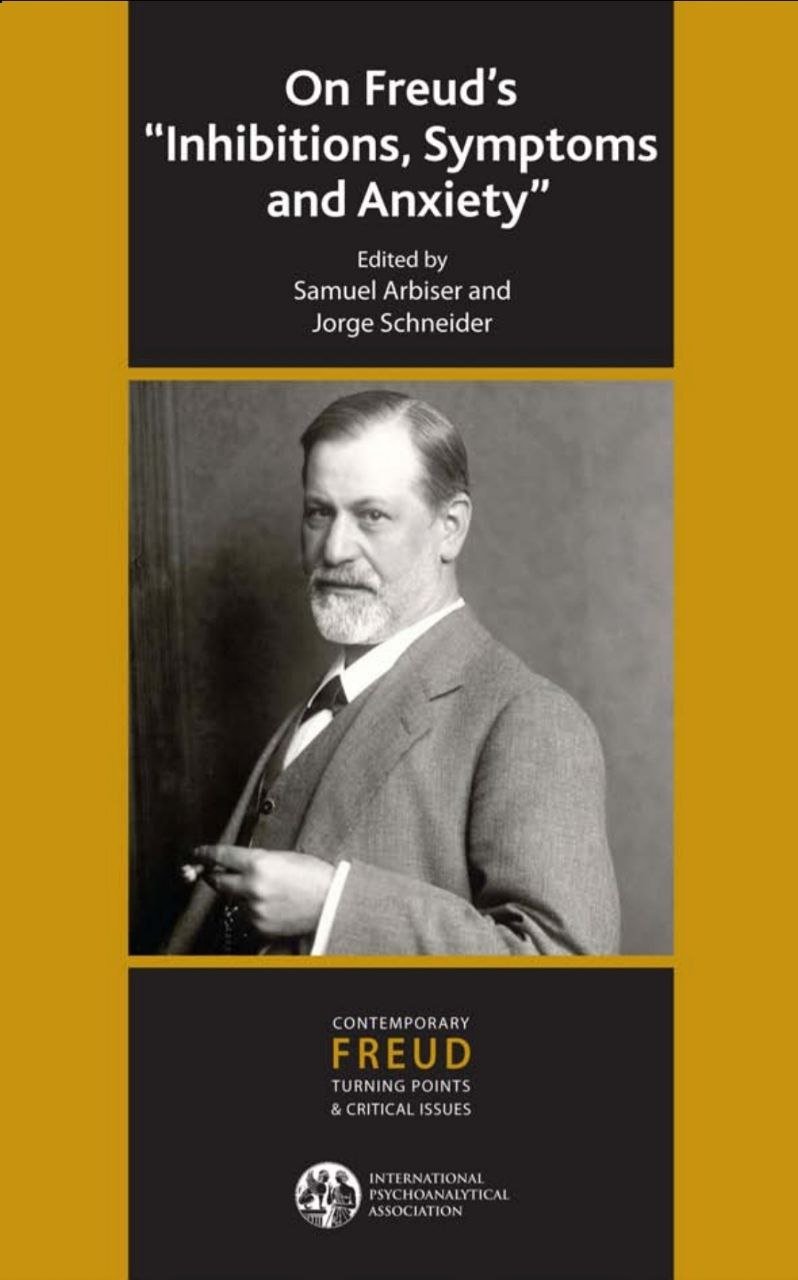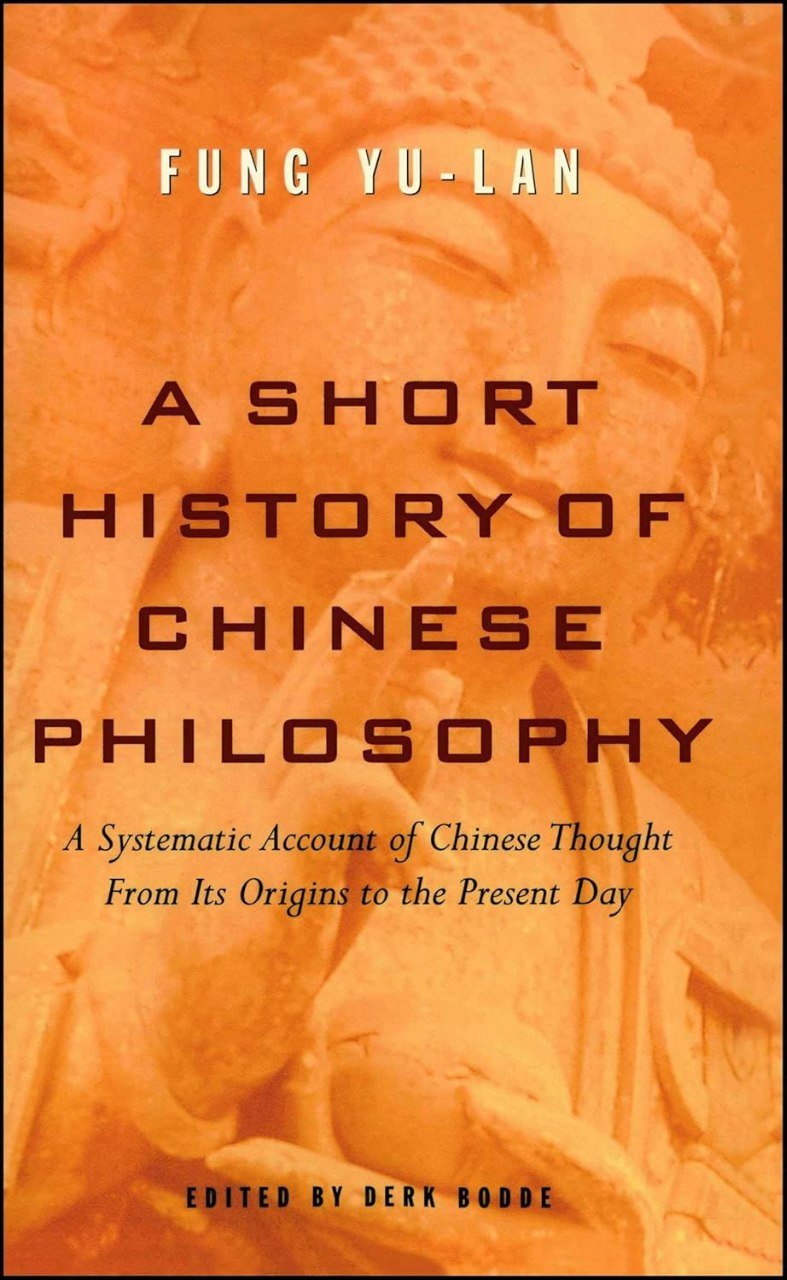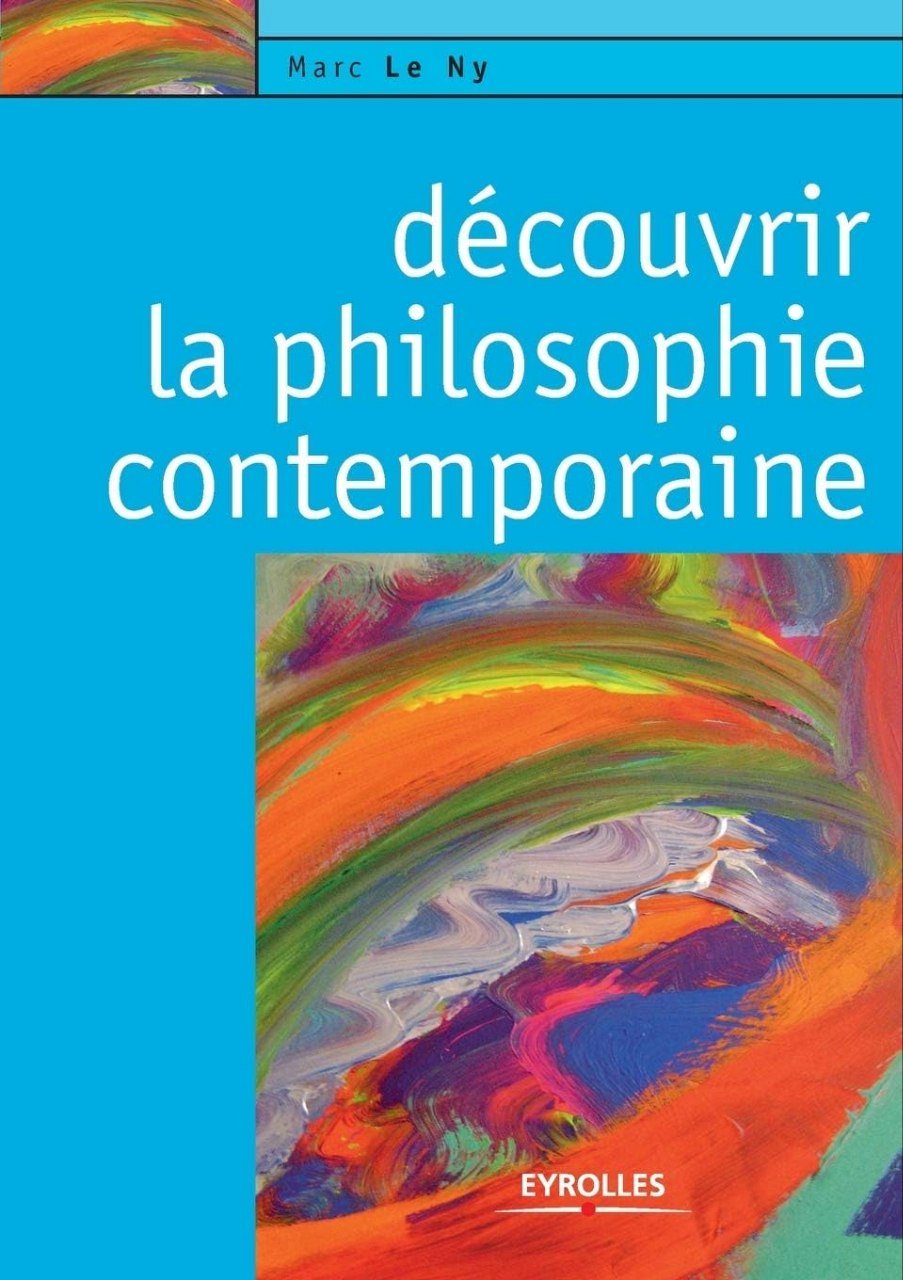
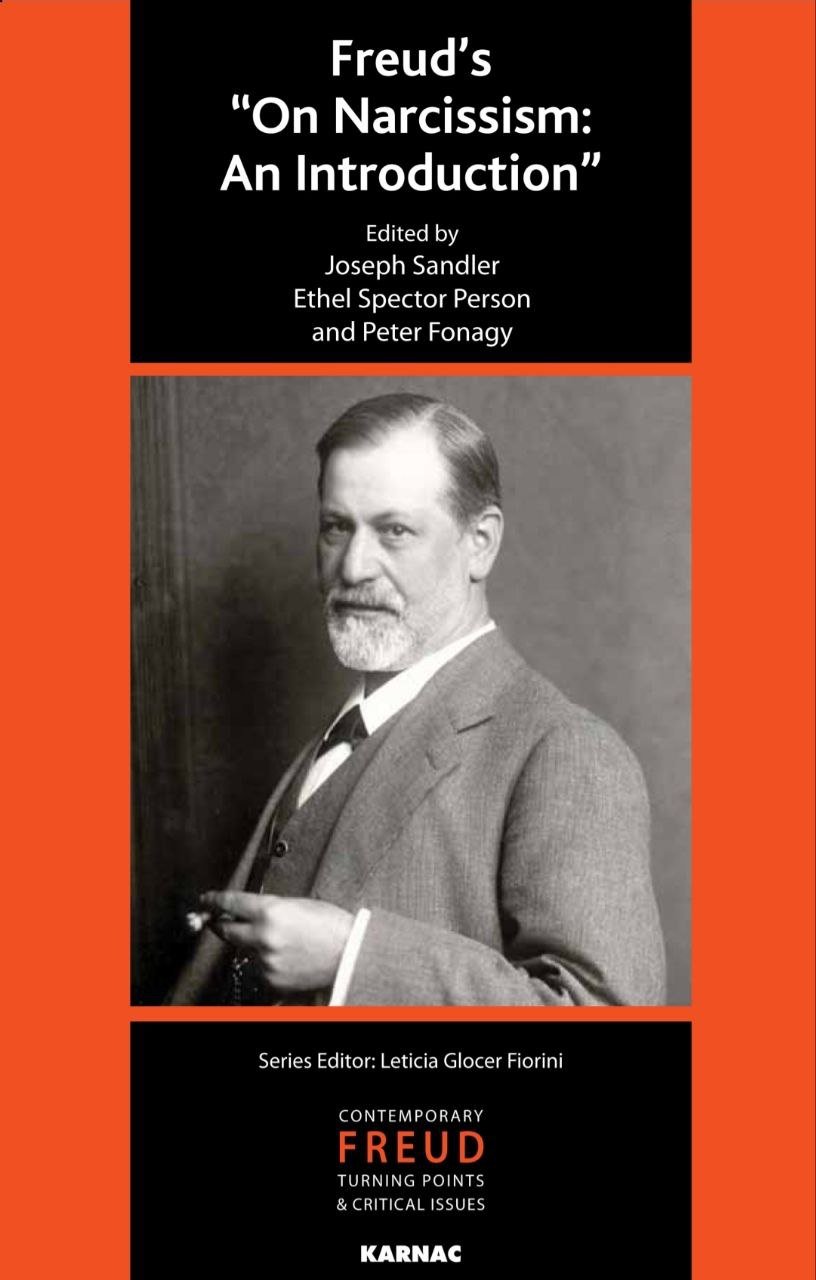
Freud’s “On Narcissism: An Introduction”
Reviews
No review yet. Be the first to review this book!
Description
Freud’s “On Narcissism: An Introduction” — Edited by Joseph Sandler, Ethel Spector Person, and Peter Fonagy This volume presents an in-depth exploration and scholarly commentary on Sigmund Freud’s seminal 1914 essay, On Narcissism: An Introduction, a foundational text in psychoanalytic theory. Edited by prominent psychoanalysts Joseph Sandler, Ethel Spector Person, and Peter Fonagy, the book not only revisits Freud's original arguments but also brings a contemporary analytic lens to bear on the enduring complexity of narcissism. In Freud's original essay, he introduces the concept of primary narcissism—an early developmental phase where the infant's libido is directed inward, forming the basis of the ego—and distinguishes it from secondary narcissism, a later developmental phenomenon in which libido is withdrawn from external objects and reinvested in the self. He also theorizes the formation of the ego ideal and introduces the concept of identification as central to the formation of self. This edited volume provides comprehensive interpretive frameworks that trace the evolution of Freud's ideas and their influence on subsequent psychoanalytic models, including those of object relations theory and self psychology. The editors highlight how Freud’s early insights prefigure later developments in understanding borderline states, narcissistic personality structures, and the dynamic interplay between self-esteem, idealization, and object love. Through essays and critical analysis, the book contextualizes Freud’s work within both its historical moment and modern clinical practice, illustrating the essay's impact on both classical and contemporary psychoanalysis. The editors also engage with Freud's intellectual struggles and contradictions, especially his attempt to reconcile narcissism with his earlier libido theory. Ultimately, the book offers a rich, multi-dimensional perspective on On Narcissism, affirming its centrality to psychoanalytic thought and underscoring its continuing relevance in the study of personality development, pathology, and therapeutic technique.





















.jpeg)
.jpg)






.jpeg)












.jpg)

.png)




.jpeg)









.jpg)







.jpg)





.jpg)
.jpg)




.jpeg)

.jpeg)




.jpg)




.jpg)
